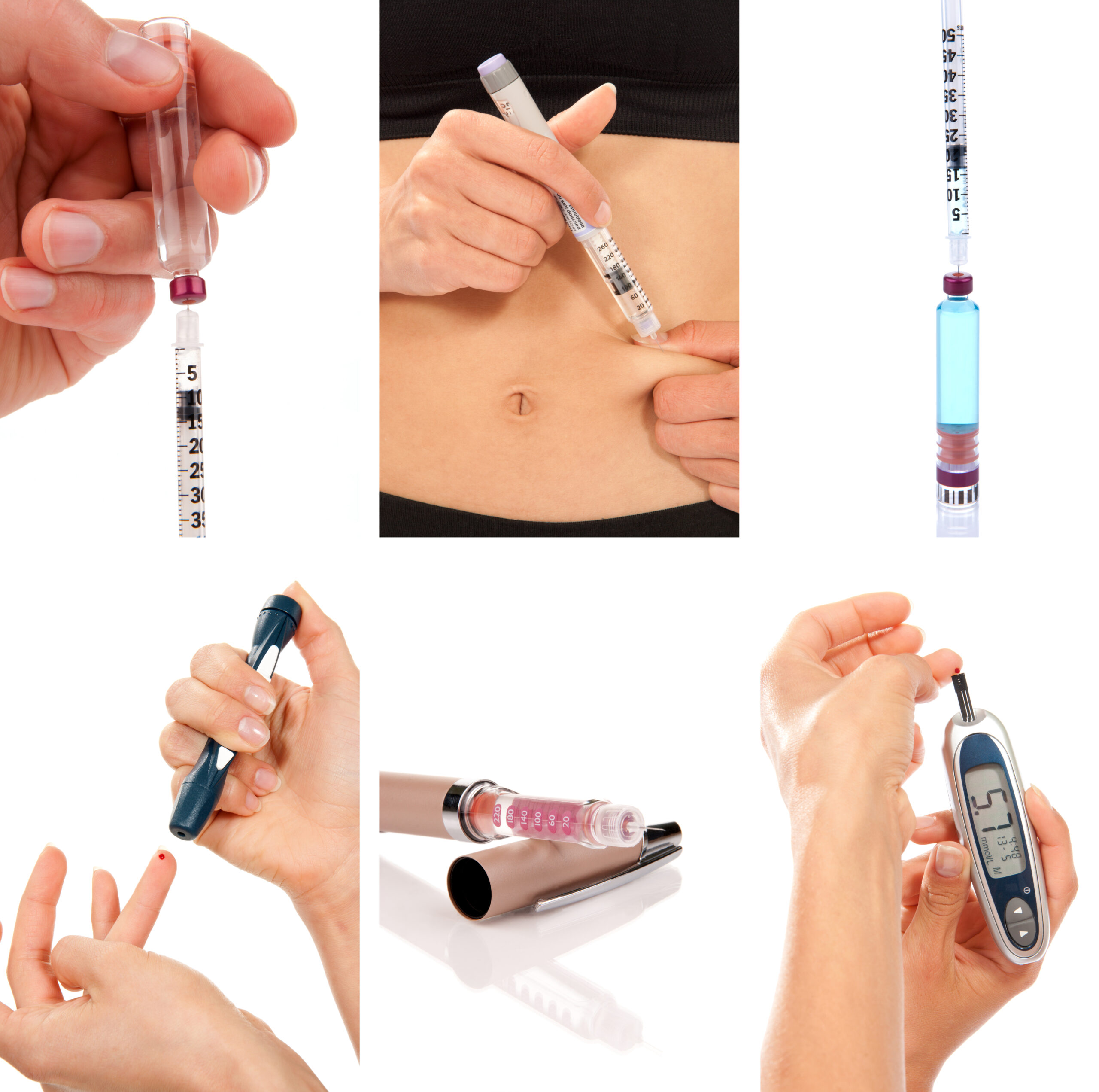All About Diabetes: Symptoms, Causes, and Types
April 5, 2016
 571
571 
While talking about diabetes, you may be frightened from the idea that you may have it. Or maybe, you may have it in the future. You want to know if you are at risk to develop diabetes and anxiously you’re looking to find if you have any diabetes symptom.
Diabetes affects the manner in which the body handles carbohydrates, fats and proteins. If neglected, diabetes can have serious complications. The diabetic people have high blood sugar level. The blood sugar level is regulated by insulin – a hormone produced by the pancreas, which depends on your eating habits.
Diabetes is a serious disease. But the startling truth is that diabetes is reversible. Diabetes is the number one cause of chronic kidney disease (CKD). This disease is a condition where the body is unable to automatically regulate blood glucose levels, resulting in too much glucose (a sugar) in the blood. Diabetes is a chronic disease that affects as many as 16 million Americans.
Actually, there is no clear symptom for diabetes. The most common symptoms of diabetes are as follow:
– being all the time thirsty
– frequent urination
– increased hunger
– feeling all the time tired; having an excessive fatigue.
On the other hand, there are some other symptoms of diabetes that are prescribed as diabetes complications in fact. These symptoms are:
– vision changes;
– recurrent skin infections very difficult to heal;
– tingling or numbness you may feel in your extremities;
– gums disorders;
– Hair loss and many others.
There are two different types of diabetes.
Type I Diabetes (juvenile diabetes or insulin-dependent diabetes): The reason for type I diabetes is due to pancreas inability to produce insulin.
Type II Diabetes (non insulin dependent diabetes or adult onset diabetes): This diabetes is a result of body tissues becoming resistant to insulin. It is usually hereditary.
Type 2 Diabetes is more common than Type 1 Diabetes. Type 2 diabetes is a life-long disease marked by high levels of sugar in the blood. Conditions associated with type 2 diabetes include hyperglycemia and hypoglycemia. Type 2 diabetes may account for about 90% to 95% of all diagnosed cases of diabetes. Up to two-thirds of people with type 2 diabetes have no symptoms. Obesity is the single most important risk factor for type 2 diabetes. An estimated 20% of all cases of new onset type 2 diabetes are in individuals between the ages of 9-19. The more you know about type 2 diabetes, the more you’ll be able to take the right steps to take control of your condition.
If neglected, diabetes can lead to various complications such as damage to the kidneys, heart disease, nerve damage, hypoglycemia (drastic reduction in glucose levels). Diabetes is a serious disease and there is no treatment of it. However, it can be brought under control by proper diabetic diet.

A new study suggests that a widely used sugar substitute found in diet sodas, chewing gum, and low-sugar yogurt may elevate insulin levels. This could increase the long-term risk of heart disease. “Artificial sweeteners have infiltrated nearly all types of food, making it crucial to understand their long-term health effects,” said Yihai Cao, senior author […]

Diet Coke has long been a fan-favorite among soda lovers who want a fizzy, guilt-free alternative to traditional soft drinks. While its zero-calorie, zero-sugar label makes it seem like a healthier option, the reality is far more concerning. Despite its undeniable popularity, Diet Coke’s nutritional profile has raised red flags among health experts for years. […]

New study shows that embracing an anti-inflammatory, plant-forward diet can support cognitive function and help reduce the risk of dementia. What You Eat Shapes Your Brain The food you eat doesn’t just impact your body—it also affects your brain. Research suggests that eating an anti-inflammatory, plant-based diet can help improve memory, focus, and overall brain […]